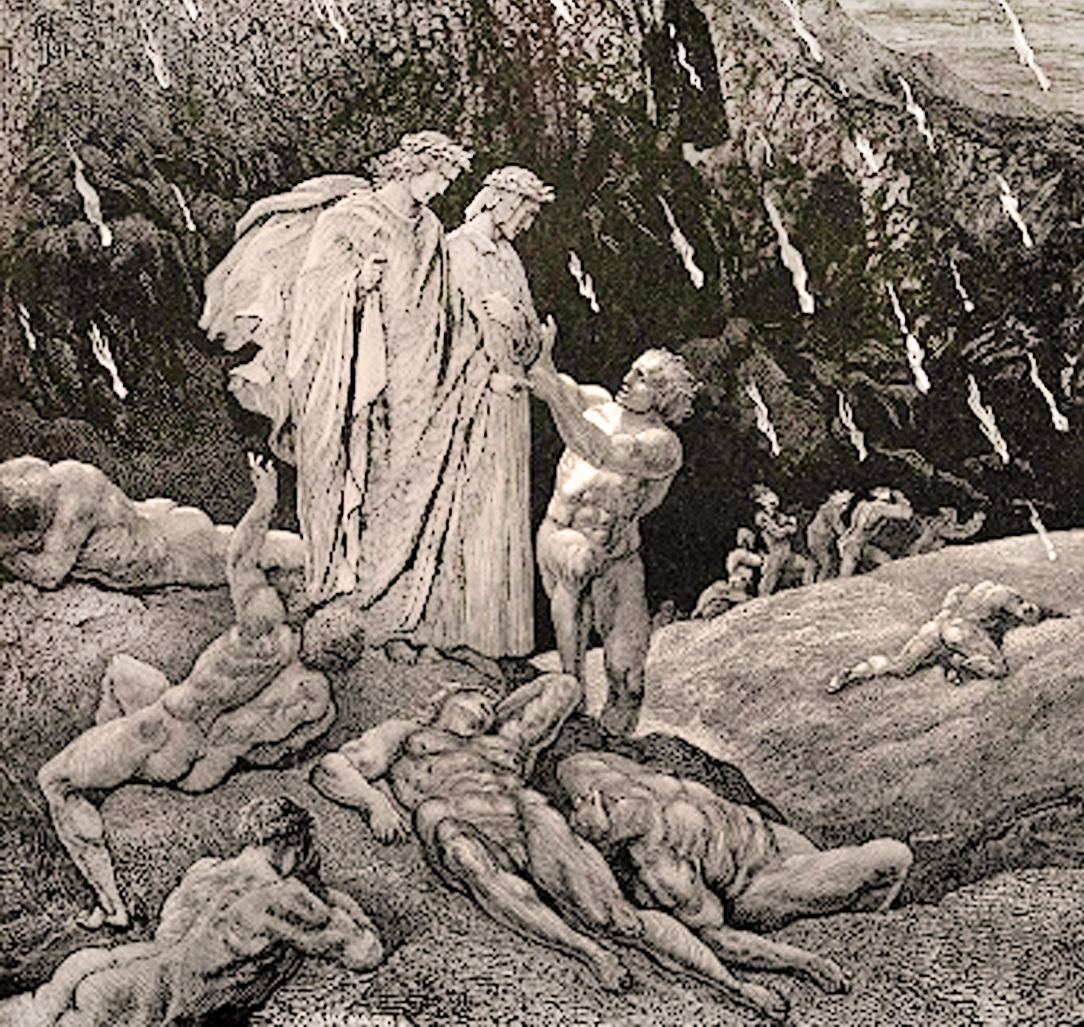dante's notes found
This year has been passionately embraced as a celebration of Dante Alighieri by Italy, commemorating the 700th anniversary of the death of the country’s national poet and father of the modern Italian language. Now handwritten manuscripts by the author of the Divine Comedy have been discovered by a nun; a remarkable finding, since no one has seen his handwriting in centuries. The new discoveries were made by a Florence-based former researcher, who left academia to become a nun and stumbled upon Dante’s work hidden away in two libraries. The works date to his time as a student in Florence, when he was copying writings on what would become in modern terms, the subject of political science. The manuscripts were found in libraries in Florence and the Vatican.
Julia Bolton Holloway taught medieval studies at Princeton University in New Jersey, before becoming a nun and now runs the English cemetery in Florence. She said the writing was ‘schoolboy-like’ but in excellent Tuscan and provide an insight into Dante’s genius. The writings also provide some insight into his masterwork, the Divine Comedy, including ideas of an ethical government which are alluded to in the epic poem that was completed in 1320, a year before Dante died. The imaginative vision of the afterlife explored the fate of souls after death, while presenting an image of divine justice, as Dante travels through Hell, Purgatory and Paradise.
The Divine Comedy is studied to this day by all Italian schoolchildren and has been evaluated and interpreted by scholars of Italian literature, history and religion for the past seven centuries. Dante was born in or around 1265 and the writings discovered date from the 1280s to the early 1290s, while he was a student of Brunetto Latino, a 13th century Italian philosopher, scholar, notary, politician and statesman. Latino is mentioned in the Divine Comedy, but Dante was less than kind in his treatment of his former teacher in the epic poem. He placed Latino with the sodomites at the bottom of the seventh circle of hell. Since circles eight and nine were reserved for the most treacherous and destructive to society, it is apparent that Dante did not have the fondest of memories of his days as a student.




